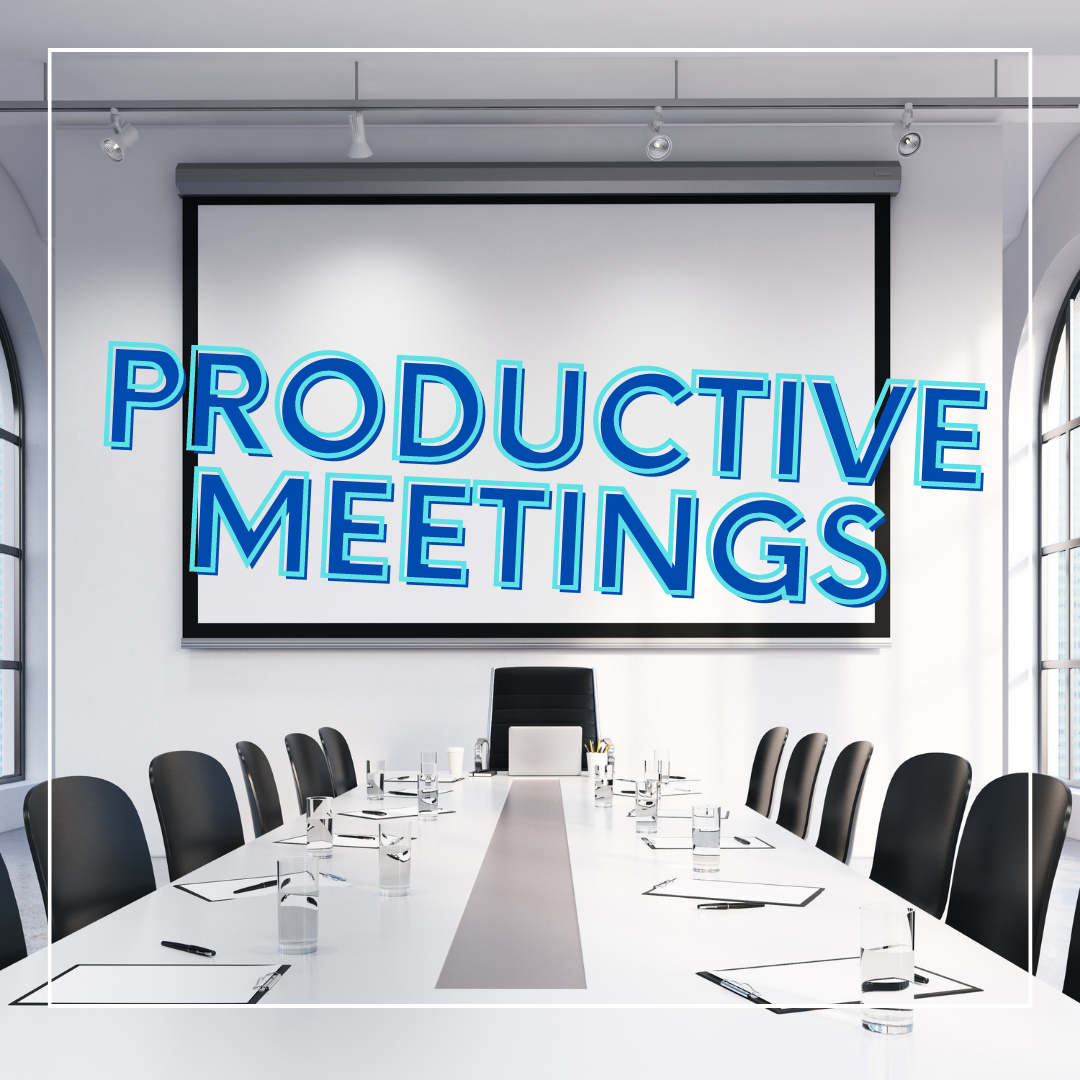Crafting Efficiency: Mastering the Art of Productive Meetings
Master the art of productivity in your corporate meetings with this guide. Dive deep into the reasons behind meeting inefficiency and discover strategies to enhance efficacy. Analyze the economic impact of unproductive meetings and learn how to create a more rewarding, efficient work environment.

Welcome to the latest discourse on the crucial yet often overlooked matter of optimizing meeting efficiency. Today I will systematically dissect the 'Why', 'How' and 'What' dimensions entwined in meeting culture – examining the root causes sparking meeting inefficiency (Why), pinpointing strategies for effective, productive gatherings (How), and highlighting the significant economic repercussions of unwarranted meetings (What).
Detecting the Downfall: The 'Why' of Meeting Inefficiency
Navigating through the vibrant corporate terrain, it is evident that meetings are a pivotal pillar in numerous protocols. Yet, a recent study of mine involving 225 professionals reveals a worrying trend: an alarming 51% of working hours are consumed by meetings, of which an estimated quarter are rated as unnecessary or inefficient.
The primary triggers tend to be procrastination, especially for intricate subjects where meetings are perceived as a quick 'fix'. Furthermore, the confusion surrounding decision-making roles and the perception that every issue necessitates a collaborative meeting contribute to this inefficiency.

Road to Recovery: 'How' to Enhance Meeting Efficacy
The solution to combating meeting inefficiency cleverly resides in assimilating smart, focused strategies into our meeting culture. Let's delve into the recommended best practices:

'Productive Pockets': Designating 'Productive Pockets' in your timetable involves allocating specific slots of your workday for focused, uninterrupted work. The optimal time could be your peak productivity phase – possibly early mornings when creativity is at its zenith or late afternoons when you're fully engrossed in work. The goal here is a harmonious balance between your productivity and the needs of others.

'On-the-Spot Consultations': The practice of specified 'On-the-Spot Consultation' hours liberates you from the chokehold of back-to-back meetings, making you accessible for impromptu discussions. Refraining from scheduling meetings during these timeframes will pave the way for spontaneous communication, effectively eliminating unnecessary meetings.

'Condensed Conferences': Restricting the duration of meetings enforces a focused dialogue, encouraging concise and purposeful discussion. This facilitates efficient use of time and curbs the tendency for meetings to digress.

'Write, Don't Recite': Promote communication through written channels when a meeting isn't necessary. This saves time and provides a reliable reference for future use and accountability.

'Ownership with Accountability': As meeting organizers, it's critical to clearly define objectives and ideally propose a solution or action plan beforehand. This discourages unproductive discussions and stimulates active participation in problem-solving.
These practices aren't rigid instructions but flexible guidelines designed to fit seamlessly into your work routines, drawing us closer to the goal of transforming meetings from burdensome to beneficial.
'What' Are We Losing: The Economic Impact of Meeting Inefficiency
Inefficiencies in meetings not only weigh down individuals but significantly impact companies financially. Assessing things pragmatically, even an hour-long meeting involving 10 individuals, each with an hourly opportunity cost of €100, equates to a whopping €1,000 spent on a single meeting. One must ask: are we getting our money's – or rather, time's – worth?
Imagine saving merely 2 hours of meeting time weekly. Across an organization of 1,000 corporate knowledge workers, this equates to a staggering €200k in saved opportunity costs weekly – time that could spur innovation, business growth, and personal satisfaction.
Conclusion
Let's converse thoughtfully about our meeting strategies and rationales. Only collectively can we cultivate a culture that respects and optimally utilizes time, creating a more efficient, rewarding workplace.
Feel free to add your meeting best practices and experiences to this page's comment section!
Best regards,
-- Martin from Deliberate-Diligence.com
| Achieve freedom for health, innovation, passion, family, & business.
| Tools, Techniques & Mindset.

Discussion